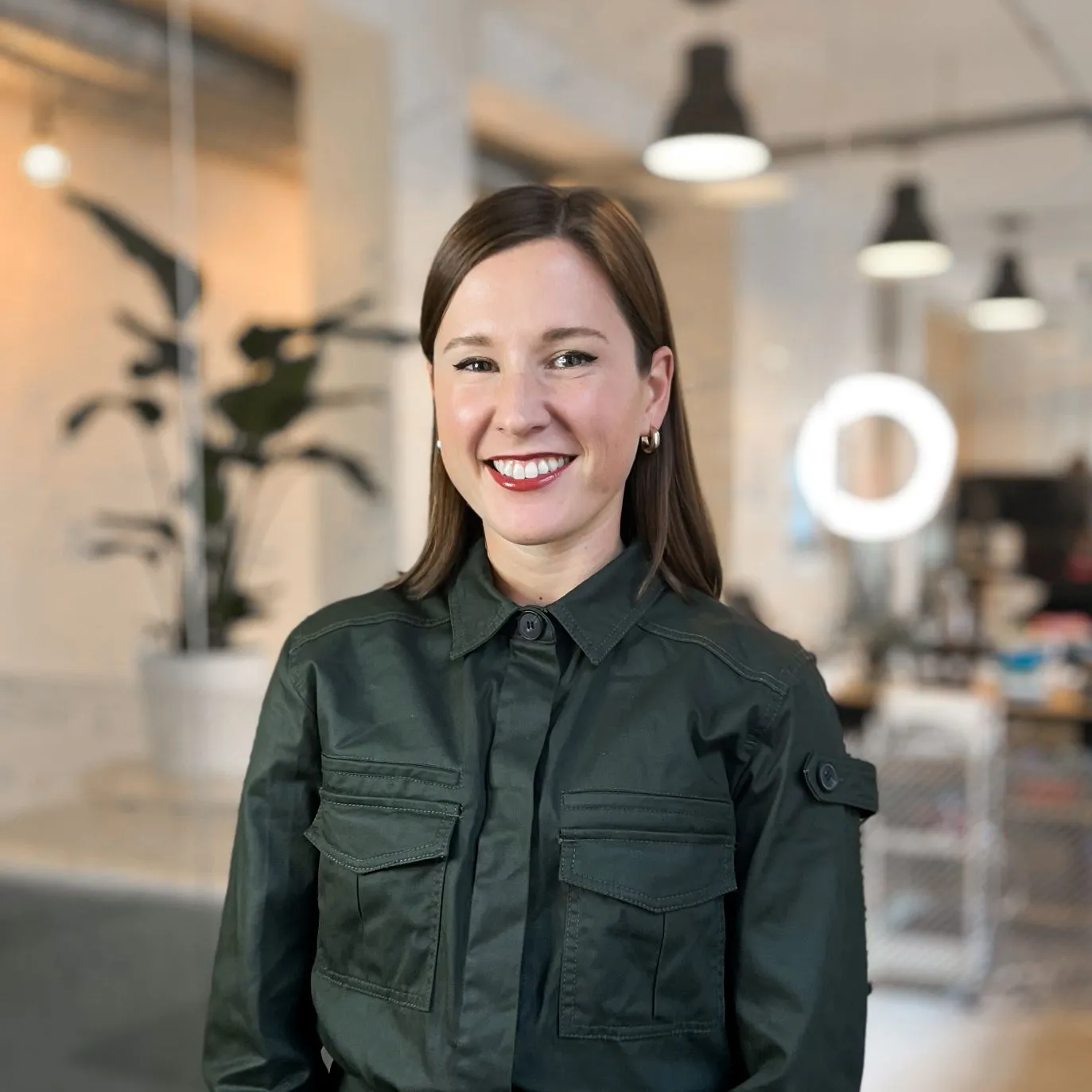The Global Priority - Social Inequality



This week, we have been discussing the topic of inequality, and what it might mean to different parties. And one thing is clear, it is a very complex and intricate theme to have a one-track opinion on.
When you google, yes, we google, the word ‘inequality’, the first thing that comes up is a mathematical explanation, which says: In mathematics, an inequality is a relation that makes a non-equal comparison between two numbers or other mathematical expressions. It is used most often to compare two numbers on the number line by their size. So, in even simpler words, when comparing a to b, one shall always be greater than the other, basic... It would also mean that if you want to swap over the inequality, you just add something to a or b, whichever is smaller (be it numeric or matter-based) and you invert the relation. In life, however, swapping over inequalities takes much more effort!
In society, inequality refers to the phenomenon of unequal and/or unfair distribution of resources and opportunities among its members. Moreover, when discussing inequality, one must include distinct yet overlapping economic, social, and spatial (environmental) dimensions. Since most of our brains went straight into the social aspect of this topic, we decided to start with a deep dive into this topic from the lens of social inequality.
According to Social Europe, (socialeurope.eu), inequality has mostly been a theme associated with the left-right political spectrum and has its roots as far back as the French revolution, when its supporters were using the slogan “Liberté, égalité, fraternité,” meaning “Liberty, Equality, Fraternity.” to fight against the political regime of France of the time. The poorer part of the population of 18th century France felt, let's say, too restricted by the existing steep social gradients. On the other hand, the richer were quite content with the existing inequalities and believed them to be the product of natural differences between individuals or social groups that should not be the subject of interference.
Was it fair or unfair? Depends on which party you would interview. From one perspective, such a set-up of established social gradients has been the model of existence since, at least the beginning of recorded human history, and has established itself by combining political, cultural, social, and economic experiences and eventually constituted the common heritage of humanity. From the other perspective, there is a debate on the ever-so-complex concept of “deservingness”. How can we, humans, argue that one person deserves more and the other less?
The ones living in the Global North, including us based in Denmark, are often told to appreciate our privileges and share the resources and opportunities, whilst remaining humble about it. And we are happy to do so, however, the question is - how to do it most effectively?
All of us understand from our own life experiences, that we want different solutions to our problems. Hence, we at BeCause think that one of the key steps towards minimizing the social inequality gap would be to embrace diversity. All of us, no matter which social status we hold, have to learn to embrace varying ideas and opinions, in short, embrace difference in all types of ways, of living and of helping. Our planet needs people with different personalities, experiences, and mindsets in order to be able to innovate, problem-solve and ultimately, succeed.
How do we provide the space and equal opportunities for all to have access to innovation, problem-solving, and reaching one's goals? We believe it is access to education. We, of course, and thankfully, are not rediscovering America here. Education is UNESCO’s top priority because it is a basic human right and the foundation on which to build peace and drive sustainable development (UNESCO, 2017). There are various knowledge sources and ongoing projects, both on governmental levels and all the way down to local voluntary initiatives. Here are some we find interesting to explore and inform yourself on further:
- Childhood Education International
- Plan International
- Save the Children
- African Education Foundation
- The Education Trust
- Care
We invite you all to never stop educating yourself in order to keep an open mind toward innovative solutions!


